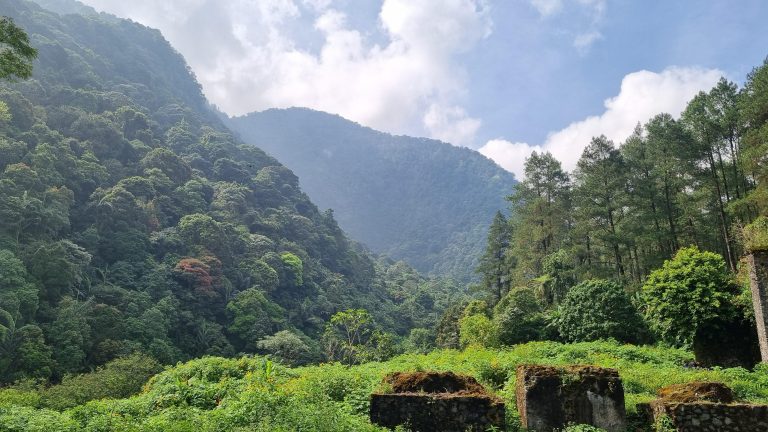Jakarta — As Indonesia prepares for the upcoming UN Climate Conference (COP 30) in Brazil, environmental organisations Pantau Gambut and Madani Berkelanjutan warn on Tuesday, October 21, that the country’s progress toward its climate commitments remains stalled by weak coordination and institutional fragmentation.
Nine years after pledging its Nationally Determined Contribution (NDC), Indonesia continues to face recurring ecological disasters, particularly forest and peatland fires. Between January and September 2025, Kalimantan Barat recorded the largest indicative burned area—123,076 hectares—with 78,267 hectares located within zones designated for the government’s FOLU Net Sink program, which aims to make the forestry sector carbon-neutral.
Pantau Gambut found that peat ecosystems also suffered extensive damage, with 26,761 hectares of burned peatland recorded in July and August, mainly in Riau and West Kalimantan. Alarmingly, 56 per cent of fires occurred on licensed palm-oil and forestry concession lands.
“Fragmented governance is the root of the problem,” said Putra Saptian, Campaigner at Pantau Gambut. “A peat ecosystem is a single unit that cannot be divided administratively or sectorally.” He cited the separation of the Environment and Forestry ministries as a source of bureaucratic inefficiency and poor coordination.
Giorgio Budi Indrarto, Deputy Director of Madani Berkelanjutan, added that the dissolution of the Peatland and Mangrove Restoration Agency (BRGM) exemplified a short-term, crisis-driven approach to governance. “BRGM’s disbandment reflects Indonesia’s recurring pattern of forming institutions during crises, only to dissolve them once the pressure eases,” he said.
Madani researcher Sadam Afian Richwanudin warned that without unified action to curb deforestation and peatland degradation, Indonesia risks missing its target of cutting emissions by 31.89 per cent (unconditional) and 43.20 per cent (with international support). “If large-scale land clearing and weak fire-prevention measures continue, COP 30 may end up being just another empty promise,” he said. (nsh)
Banner photo: Iwan Kurniawan/UNDP Indonesia















